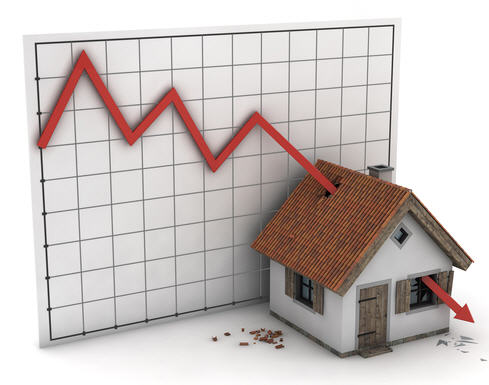When you're ready to take the leap and ask, "how do you sell a house?", you're stepping into a multifaceted process that requires careful planning and professional guidance. This article will provide you with a detailed overview of the steps involved, such as engaging an estate agent, obtaining a Building Energy Rating (BER) certificate, getting a solicitor and navigating through the bidding process, going sale agreed, and finally, closing the sale.
How much can I sell my house for?
One of the first considerations is the value of your house. Engaging a reputable estate agent is a crucial step in determining this. They have an in-depth understanding of the local market trends and can offer an accurate valuation based on the age, size, condition, and location of your house. An agent will also assist in effectively marketing your property to the right audience, leveraging their networks and advertising platforms to increase your chances of securing a favourable sale.
Location can play a major role in the value of your house. Our latest property report shows that the average asking price for a 3-bed semi detached house in Dublin is €375,000, in Galway it sits at €275,000, while in Cork it’s €280,000.
How soon can you sell a house after buying it?
While there's no legal waiting period to sell your house after purchasing it, there are certain financial implications you should consider. If you sell too soon after buying, you might not make enough profit to cover the costs involved in the purchasing and selling process, such as stamp duty, legal fees, and estate agent fees.
Moreover, selling too soon may raise red flags for potential buyers who may wonder why you're selling so quickly. Your estate agent can provide guidance on the right timing based on your circumstances and market conditions.
Obtaining a Building Energy Rating (BER) certificate
In Ireland, it is mandatory to provide a BER certificate when selling a house. A BER certificate rates the overall energy efficiency of a house, influencing potential buyers' perceptions and decisions. You can obtain one by engaging a registered BER assessor who will conduct an assessment and provide a rating from A (most energy efficient) to G (least energy efficient).
Navigating the bidding process
The bidding process can be a roller coaster ride. Your estate agent will manage this process, communicating all offers from potential buyers. Bids are typically made verbally in Ireland, followed by a written confirmation.
Going sale agreed
Once you've accepted a bid, the property is marked as 'sale agreed'. It's important to note that 'sale agreed' is not legally binding in Ireland, and until contracts are exchanged, either party can back out without incurring penalties.
During this phase, the buyer's solicitor will conduct conveyancing, including property title examination, searches, and preparation of a contract for sale. Your solicitor will assist you with responding to queries and exchanging contracts.
Closing the sale
Upon exchanging contracts, a binding agreement is in place. The buyer pays a deposit, typically 10% of the purchase price, and a closing date is set. On the closing date, the balance of the purchase price is paid, and the ownership of the house is transferred to the buyer.
How much tax do you pay when you sell a house in Ireland?
In Ireland, Capital Gains Tax (CGT) is applicable when you sell a house. The rate is 33% of the gain (the difference between the purchase and selling price). There are certain exceptions and reliefs available, particularly if it's your primary residence. A tax consultant or solicitor can provide detailed advice tailored to your situation.
Selling a house is no small task, but with the right team and understanding of the process, it can be a rewarding endeavour. Remember to engage professionals early, maintain open communication, and be patient as the sale process unfolds.
Need more information on how to sell a house?
Why not check out some of the other articles on our blog, such as how to get your house ready for a viewing or our guide to estate agents.





